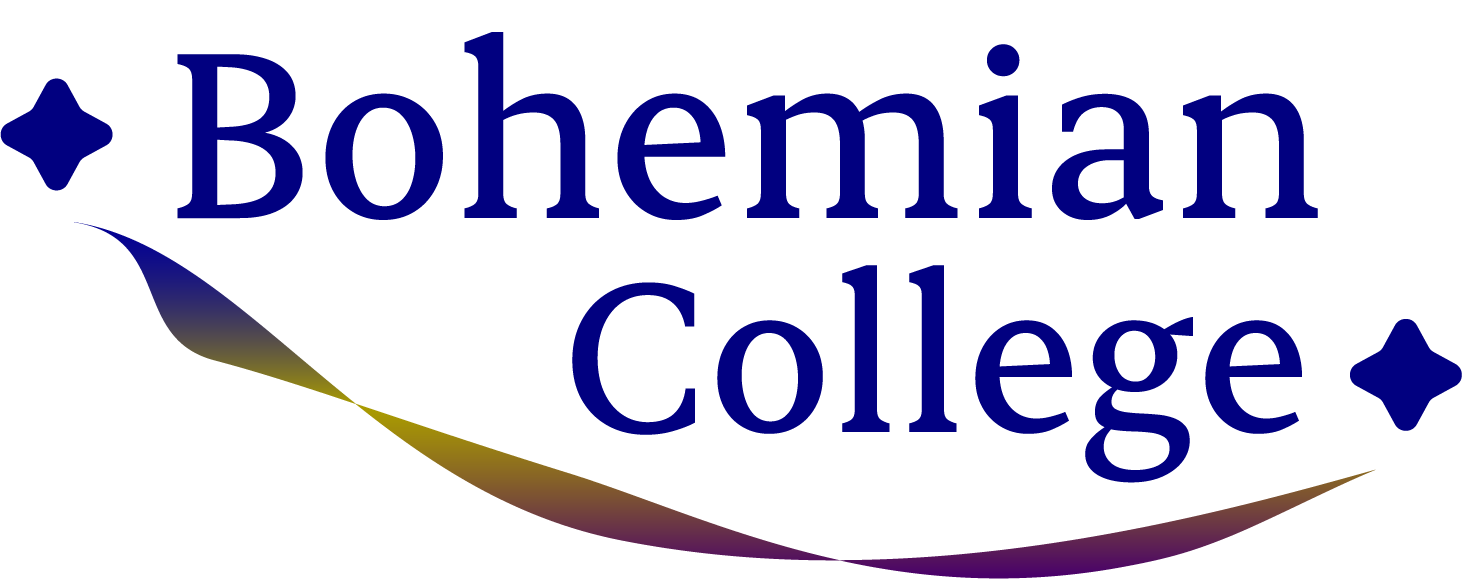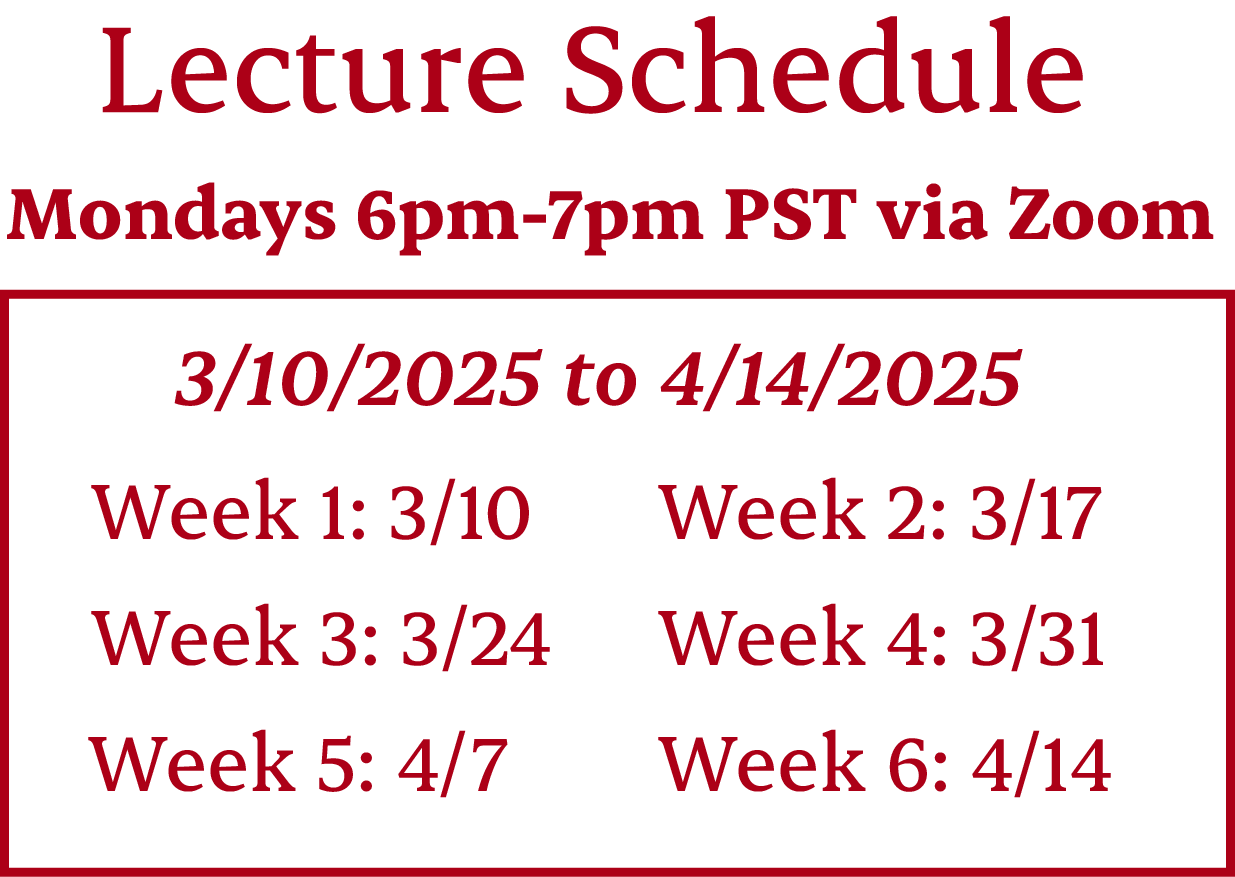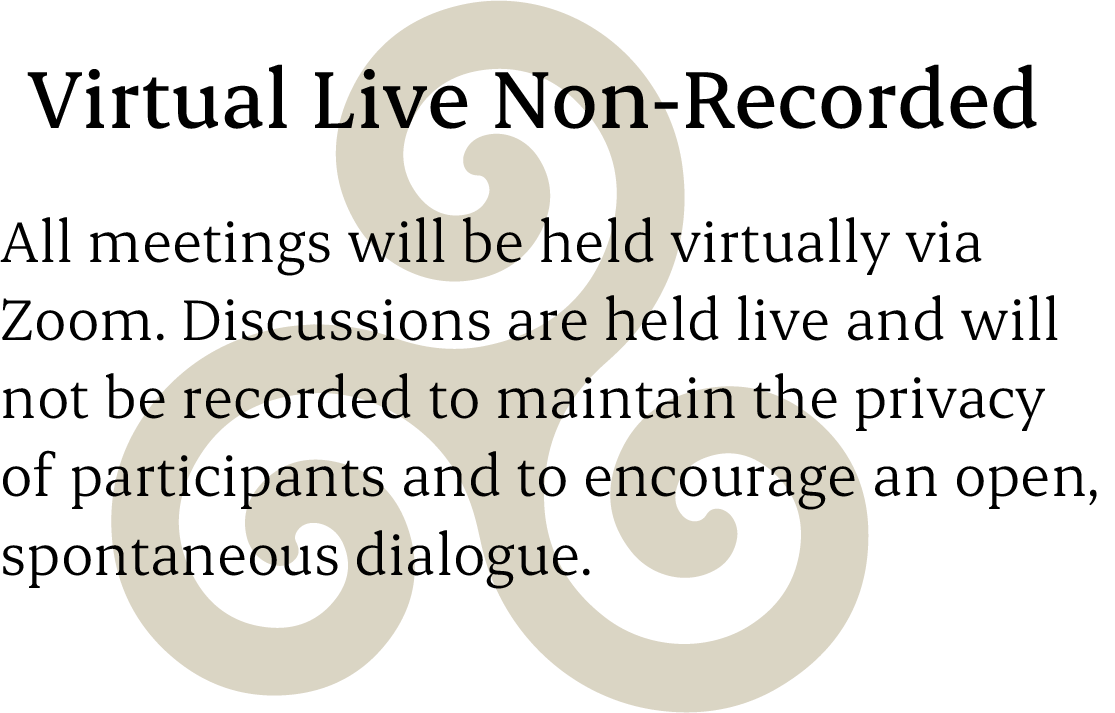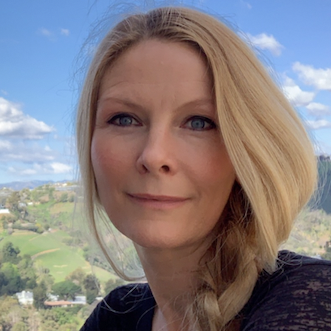The Gospel of Thomas is often regarded as a window into early Christian Gnosticism, reflecting teachings that were once central to the early Christian communities but later became overshadowed by orthodoxy. Unlike the canonical Gospels, the Gospel of Thomas lacks narrative structure and miraculous accounts, emphasizing a more esoteric and individual approach to spirituality. A collection of sayings attributed to Jesus (IS), it invites seekers into a realm of mysteries, where veiled truths await discovery through inner exploration, with the purpose of leading one to self-knowledge or gnosis.
The Gospel begins with a promise: "These are the words which are hiding..." (Prologue)
"Those who will fall to the uncovering of these words will not taste death" (Logion 1). The teachings in this text are layered with symbols and paradoxes, guiding the reader away from superficial understanding toward a deeper wisdom.
We will explore the Gospel beginning with an introduction to its possible historical context: where it was found, its origins, and the community to which it may have belonged. From there, we will embark on a contemplative reading of the text, approaching it with open-ended questions that stir within us.
A particular focus will be placed on selections within the Gospel that highlight the profound writings of Heraclitus, exploring many striking similarities in the philosophical themes that intertwine these ancient teachings. Our discussions will be enhanced by indications given by Rudolf Steiner. This approach allows us to use Steiner's insights into Heraclitus as a guide to explore how these ancient philosophical ideas might illuminate the mystical and transformative dimensions in the Gospel of Thomas.
Introduction
In this first session, we introduce the Gospel of Thomas, a text discovered in 1945 among other early Christian codices at Nag Hammadi, Egypt. Most scholars date the writing of the Gospel to the second century, yet based on much earlier sources. The discovery at Nag Hammadi contains some of the earliest Christian texts, and offers a unique glimpse into the spiritual practices of early Christian communities and how they may have embraced a more introspective and mystical approach to Christianity, distinct from the emerging orthodox forms. As a method for exploring the text, we will particularly focus on those sayings in the Gospel that echo the philosophical themes of Heraclitus. Although Rudolf Steiner did not have direct access to the Gospel of Thomas during his lifetime, his commentary on Heraclitus offers us a unique interpretive lens. By conducting a comparative analysis with Heraclitus' writings, we can draw upon Steiner's reflections to deepen our understanding of the Gospel's sayings. This approach can help us to see how Steiner's comments might illuminate aspects of the Gospel, enriching our appreciation of its teachings on self-discovery and enlightenment.
The Eternal Child and Play
In our second week, we explore the profound implications of Jesus' teachings about spiritual simplicity and return to innocence as expressed in Logion 4 of the Gospel of Thomas, where Jesus emphasizes the wisdom of understanding and states, "The man old in days will not hesitate to ask a small child seven days old about the place of life, and he will live." This reflection on wisdom coming from a place of child-like purity resonates deeply with Heraclitus' philosophical observation that "Eternity is a child at play," By examining this connection, we draw on Rudolf Steiner's insights to discuss the spiritual significance of reclaiming a child-like perspective, which can facilitate profound spiritual renewal and understanding. This week delves into how such perspectives can lead to deeper insights into our own spiritual journey, emphasizing transformation and rebirth as central themes.
The Divine Logos, The Word as Creative Force
In our third week, we explore the Logos as introduced in the Prologue of the Gospel of Thomas, emphasizing its role as a mystical and unifying principle that resonates with Heraclitus' philosophy. We'll examine Logos as a dynamic, transformative force that challenges seekers to uncover deeper layers of meaning within and around them. Heraclitus described this as the fundamental order that, though omnipresent, remains unrecognized by most. In our discussion, we'll focus on how this concept of Logos invites a deeper personal revelation beyond surface interpretations, mirroring Heraclitus' idea that "although Logos is common to all, most people live as if they possess their own private understanding." To deepen our understanding, we will incorporate Rudolf Steiner's perspective: "Heraclitus had a concept of the Logos long before the Christian era, which to him expressed the eternal cosmic order, the divine law in the universe. Steiner's insights will help us appreciate how Logos operates as a creative force and the necessity of transcending sensory experiences to access spiritual truths.
The Elements of Fire
Our fourth week focuses on the transformative symbolism of fire, a central element in the Gospel of Thomas and in Heraclitus’ philosophy. The discussion will center on how fire symbolizes both destruction and renewal, serving as a powerful metaphor for spiritual purification and enlightenment in both impulses. We will incorporate Steiner’s views on the purifying and enlivening aspects of spiritual fire within the process of human development and cosmic evolution.
The Unity of Opposites and the Integration of Feminine and Masculine Principles
In our fifth week, we delve into Heraclitus' concept of the unity of opposites and its resonance with the spiritual teachings found in the Gospel of Thomas. We'll explore how the Gospel addresses profound themes of duality- such as light and dark, male and female, inside and outside -and discuss the transcendent insights that arise from reconciling these apparent contradictions. We will look at how understanding and integrating these dualities can lead to a richer, more holistic spiritual awareness. These principles are not only crucial aspects of Heraclitus' philosophical inquiries but are fundamental to understanding the Gospel of Thomas. Rudolf Steiner's insights will be instrumental in deepening our understanding of these topics. His reflections on the necessity of balancing and integrating opposites within the individual's journey will provide a comprehensive view of how these energies contribute to the evolution of consciousness.
Synthesis and Reflection
In our sixth and final week, we will integrate and synthesize the themes explored throughout the course, reflecting on the spiritual insights gained from the Gospel of Thomas. What wisdom emerges from its esoteric teachings, and how do Steiner's Anthroposophical perspectives deepen our understanding of its profound messages? This concluding session offers an opportunity to weave together the threads of our journey, connecting the timeless wisdom of the Gospel, Heraclitus' philosophy, and Steiner's insights into a transformative narrative.
Svava Carlsen is a long-time researcher and student of Gnostic wisdom and early Christian mysteries. Her work in this field has inspired her to help uncover the feminine voices in Gnostic and alchemical texts, bridging esoteric traditions with contemporary spiritual insight. Svava holds a B.A. in philosophy and is an ordained minister with the Alliance of Divine Love, offering spiritual guidance rooted in ancient wisdom and modern contemplative practices. As a spiritual consultant, she provides non-denominational, heart-centered support for individuals seeking personal transformation, deeper spiritual awareness, and the integration of spiritual practices into daily life. Her approach is centered on ethical and compassionate counseling, helping individuals explore their inner path while honoring their personal beliefs and experiences.



















